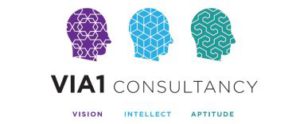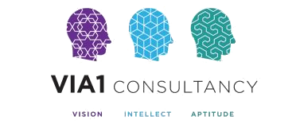Adult safeguarding has increasingly become a significant area of concern within health and social care settings. Internationally, safeguarding of adults who are experiencing, or at risk of harm, has become a policy and practice priority. Northern Ireland Adult Safeguarding Partnership (NIASP, 2019) highlights Adult Safeguarding as “…the term used for activities which prevent harm from taking place and which protect adults at risk (where harm has occurred or is likely to occur without intervention)”.
This course has been designed by Via1 Consultants – for health and social care practitioners – who draw their knowledge from a range of practice experiences and settings, across the UK and Ireland jurisdictions. This course aims to provide health and social care practitioners with a sound knowledge base on Adult Safeguarding, best practice for Safeguarding and learning around professionally informed practices, in the delivery of safe and person-centred provisions of support.
Course Aims
- Support participants to increase their awareness of different types of abuse, whilst supporting those in practice to recognise various signs and symptoms of abuse
- Equip practitioners to understand their roles, responsibilities in reporting suspected abuse
Course Objectives
By the end of the course, participants will be able to examine the definitions of abuse, recognise the signs and symptoms of abuse and factors which may contribute to a person’s vulnerability
- Participants will have an opportunity to examine the issue of consent in the process of protecting a vulnerable person from abuse; have a greater knowledge on the rights of people who may be unable to protect themselves; develop insight into when such rights are being denied or jeopardised.
- Participants will understand their roles and responsibilities in reporting and recording of information, relating to allegations, concerns and suspicions of abuse.
- Participants will understand the key principles underpinning all Adult Safeguarding Work i.e. working together in partnership with other agencies
- Participants will identify with the relevant skills appropriate to support their response, when dealing with a disclosure of abuse and the correct procedures/process to follow
- Participants will have considered and hold knowledge on the legal frameworks dictating their everyday practice, as health and social care practitioners

